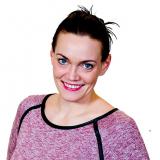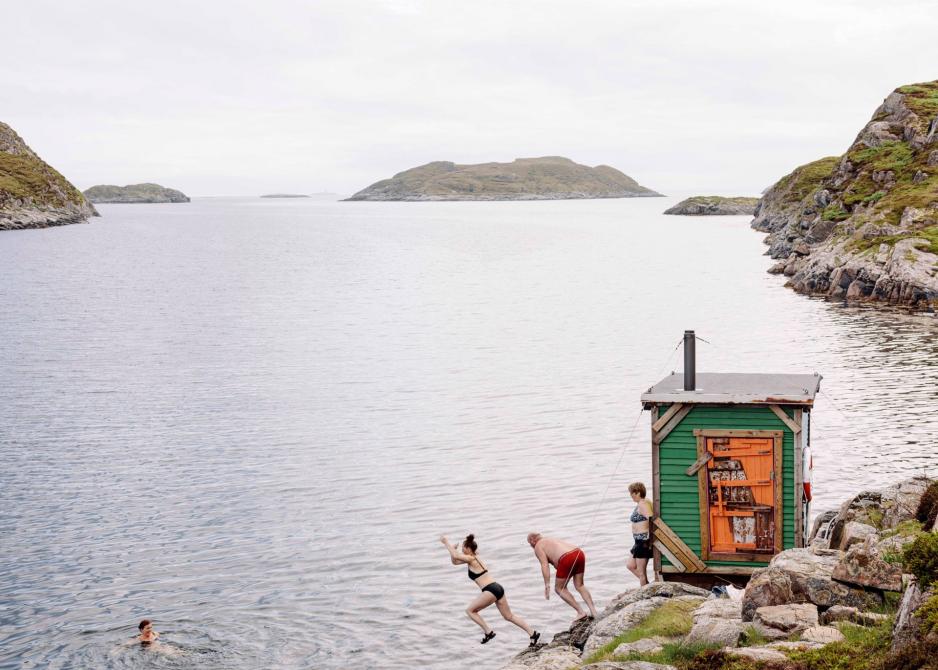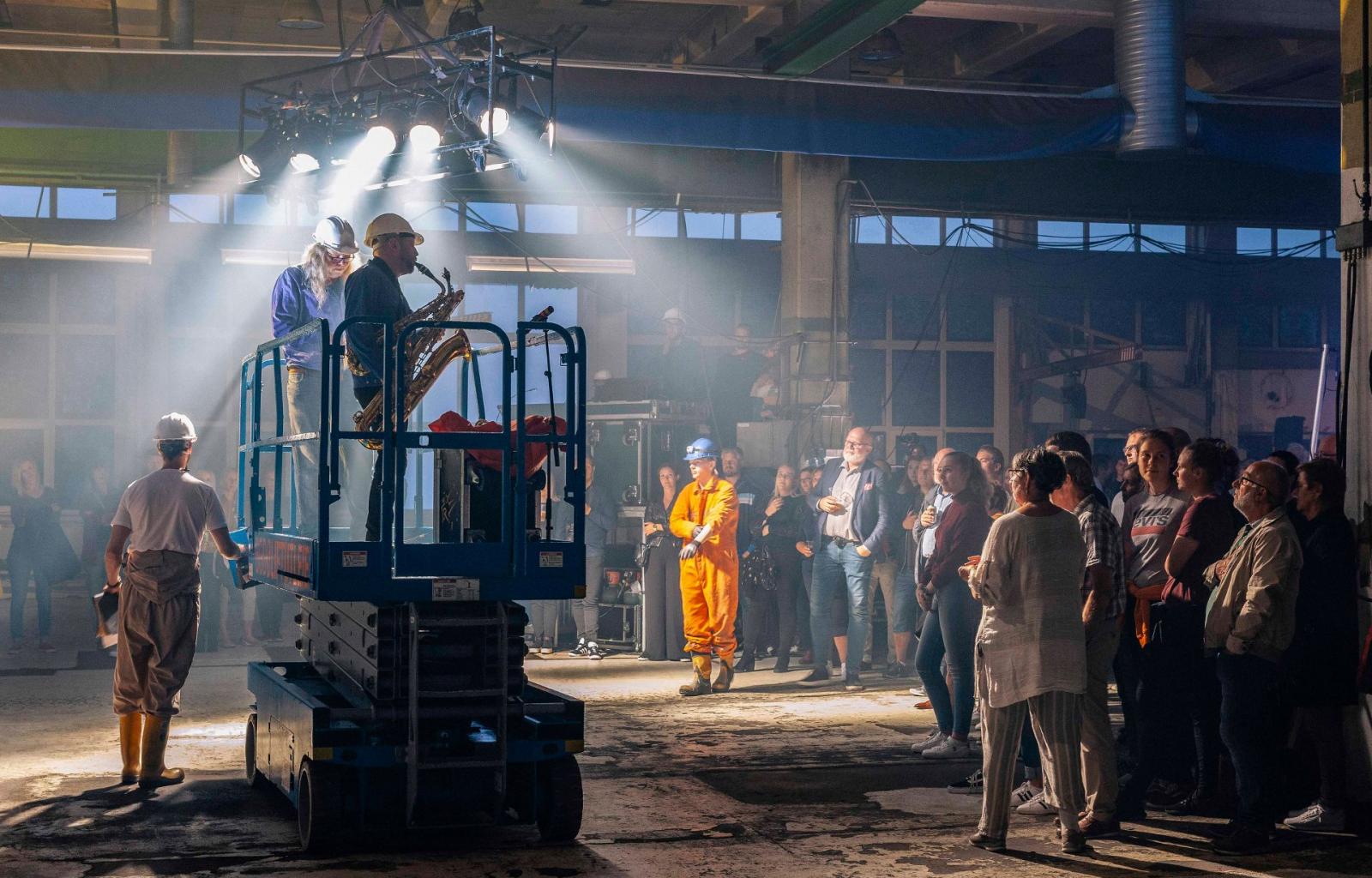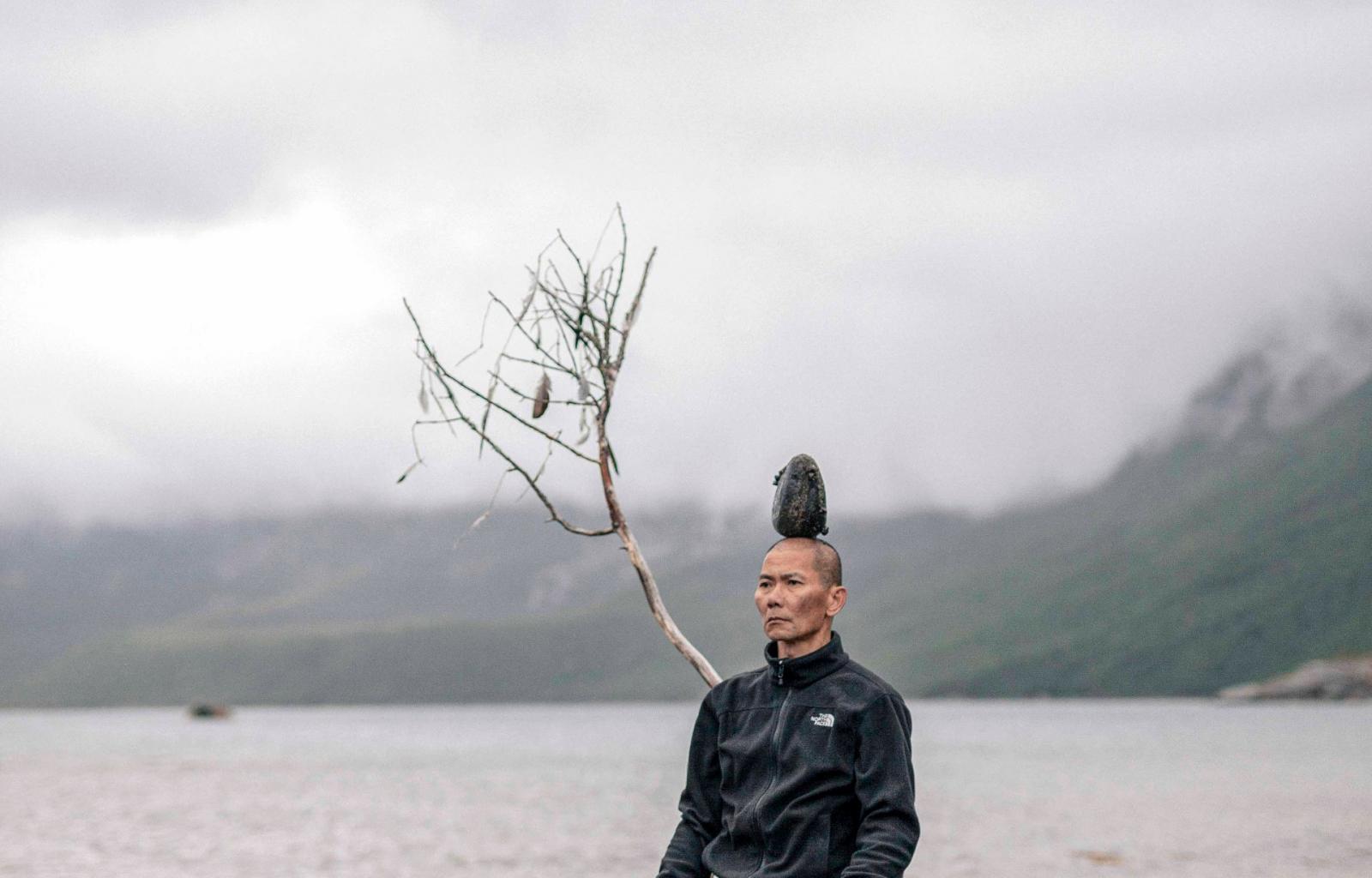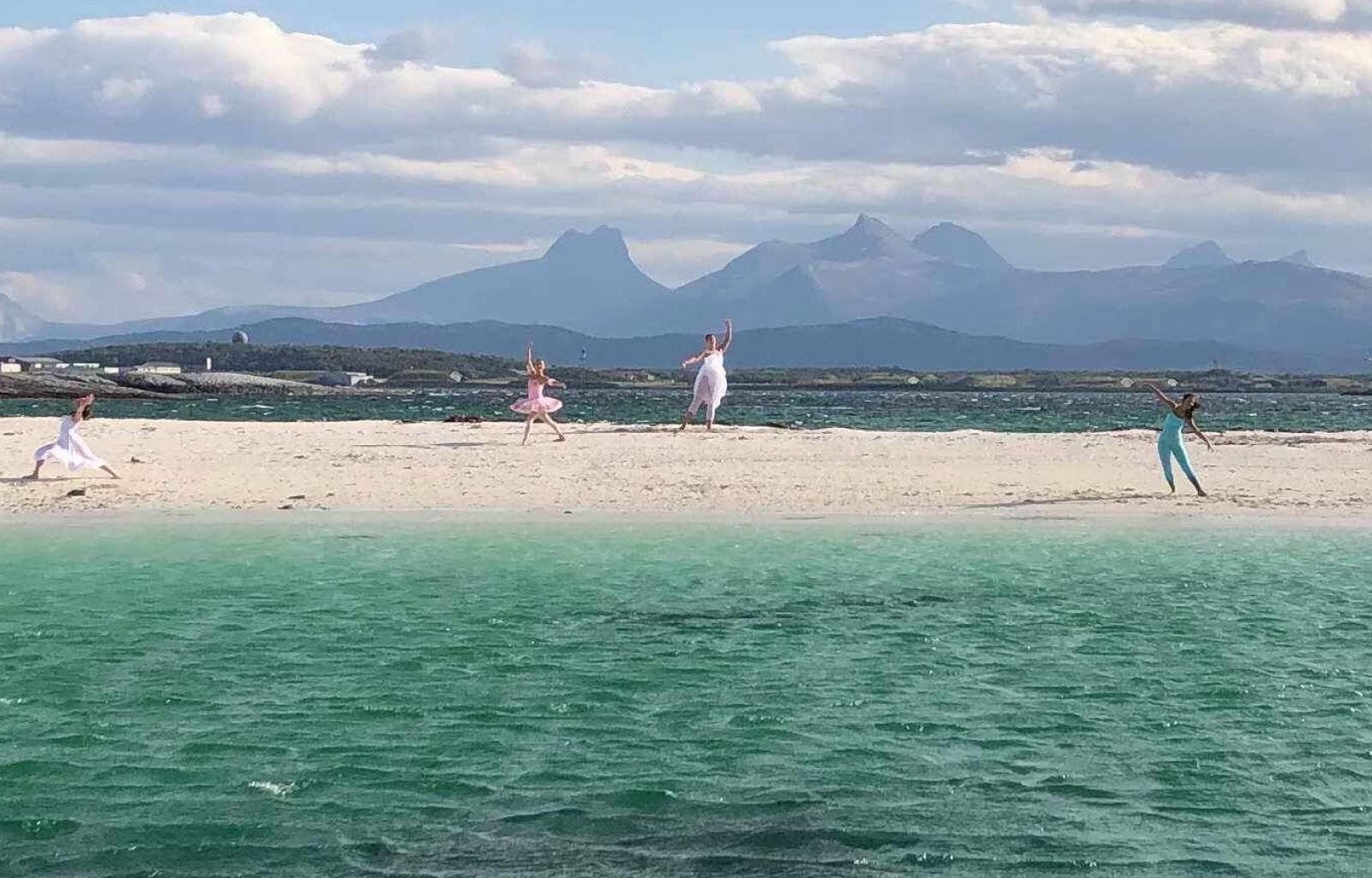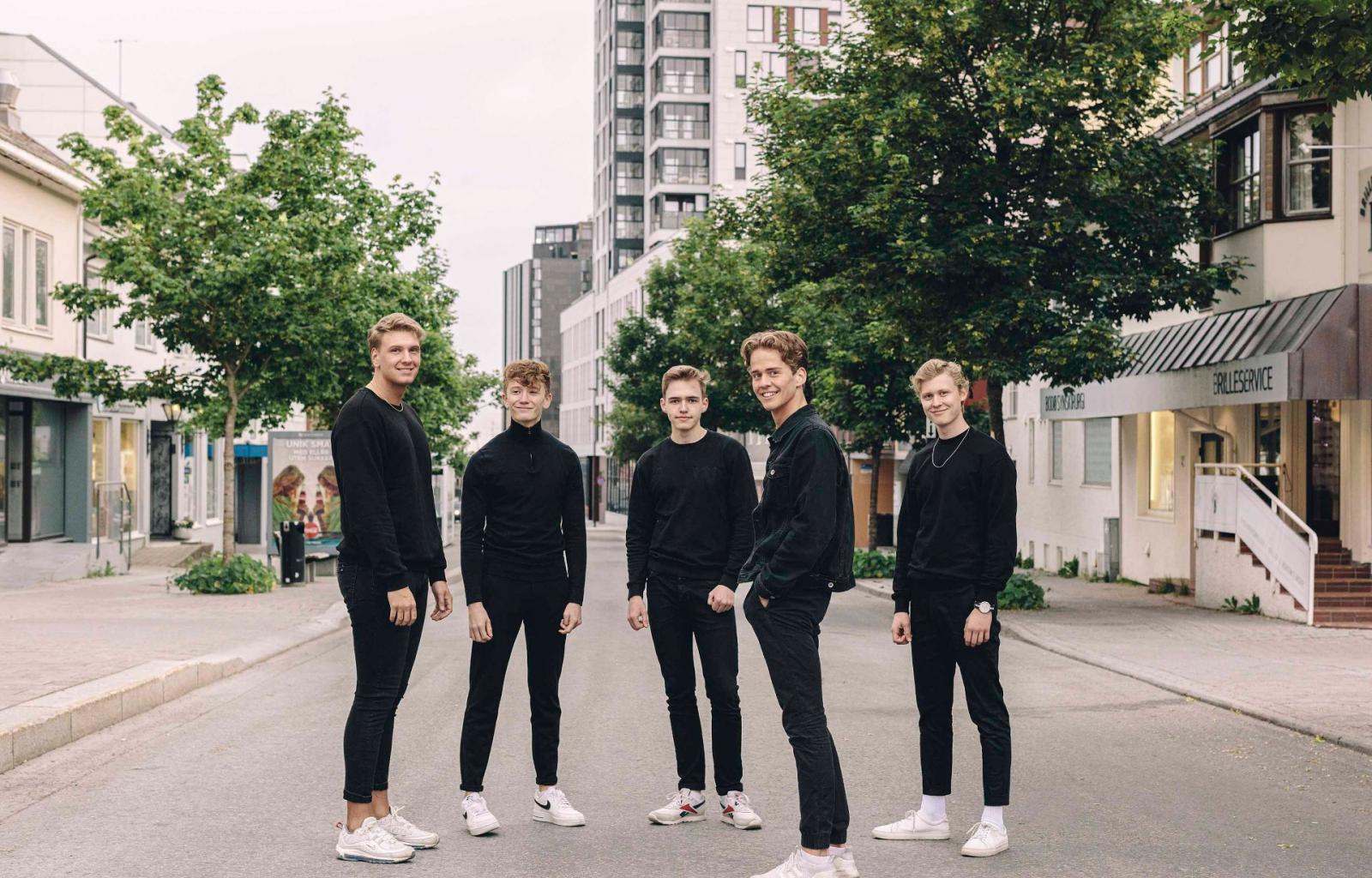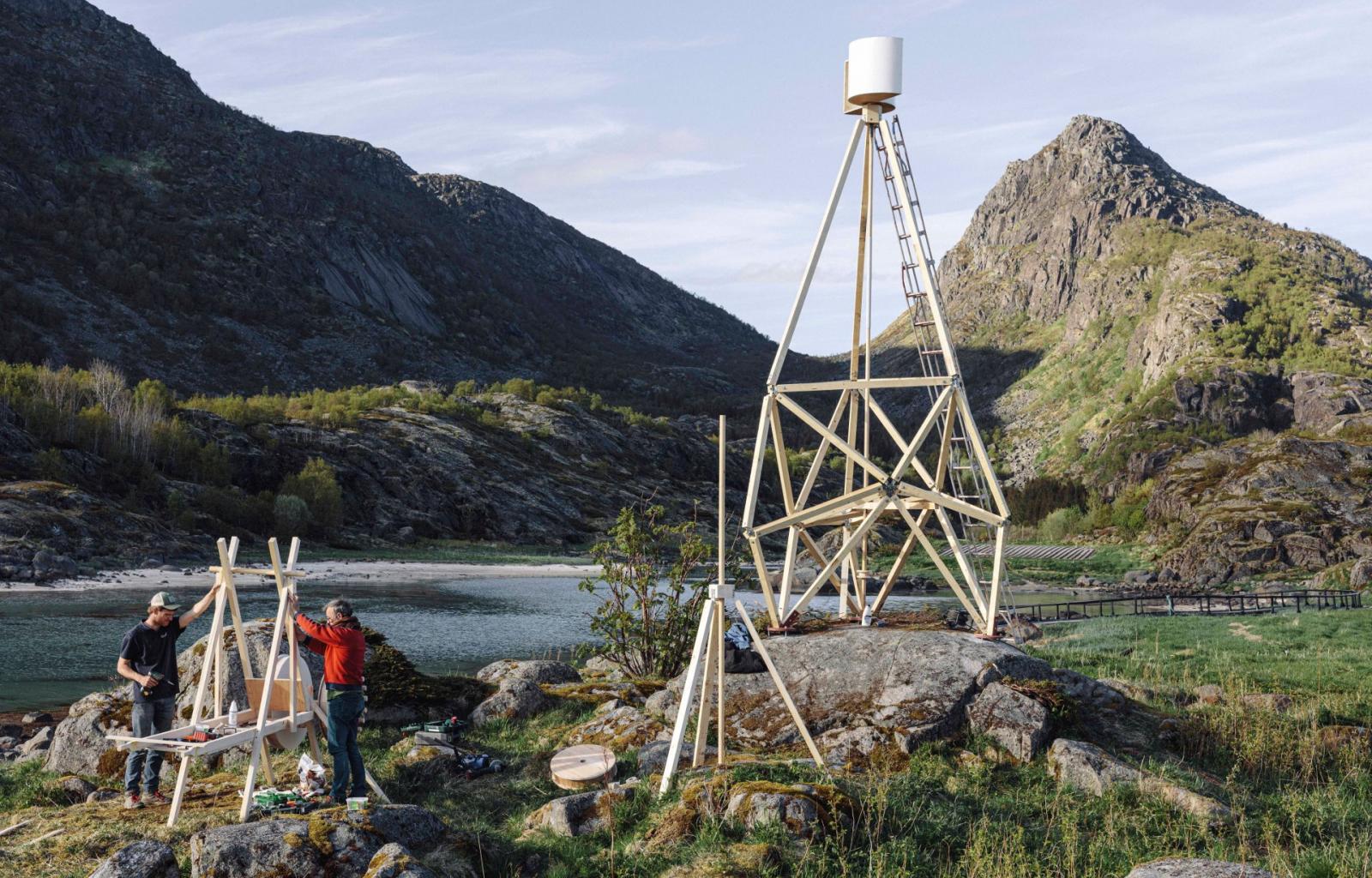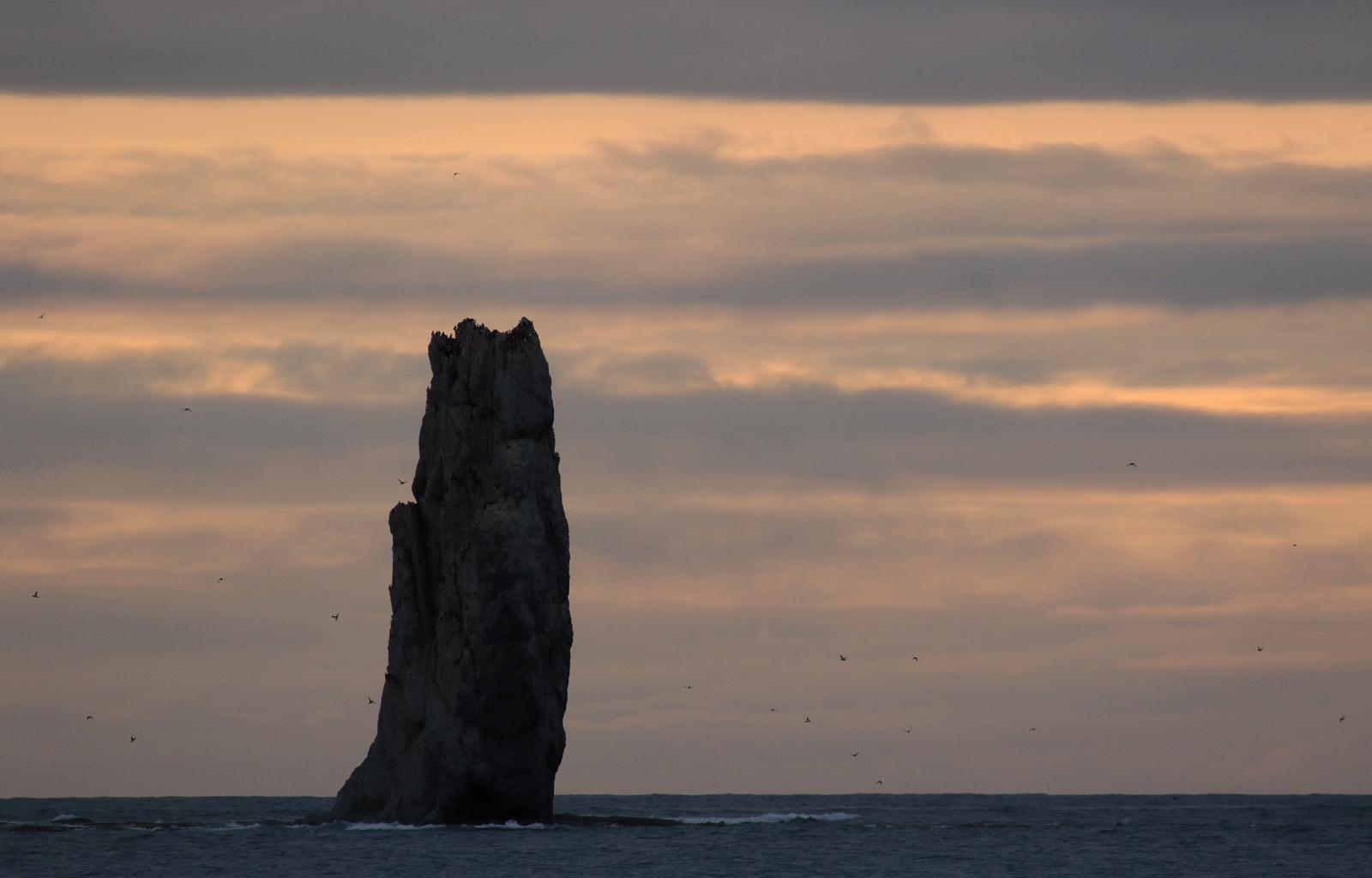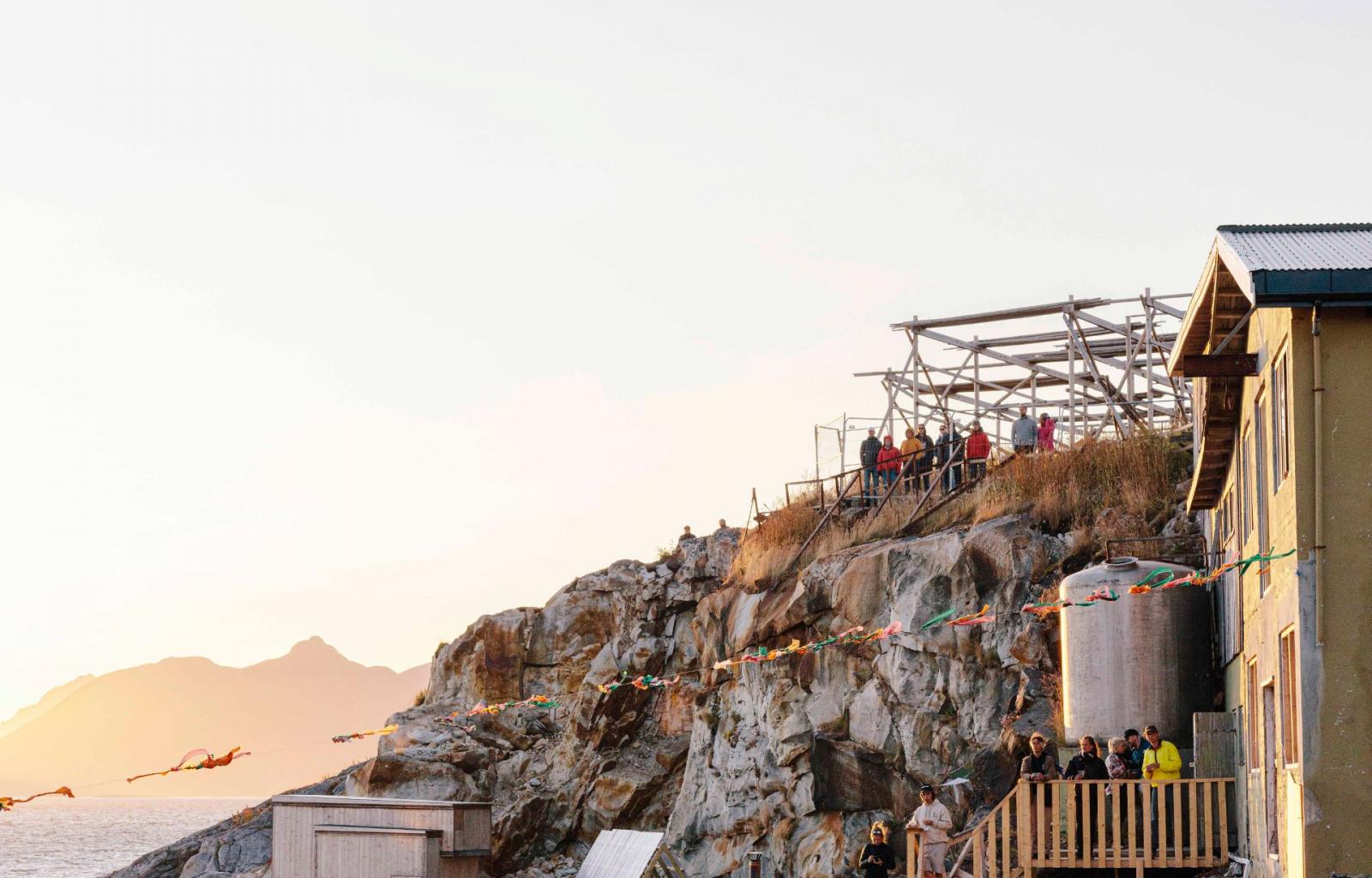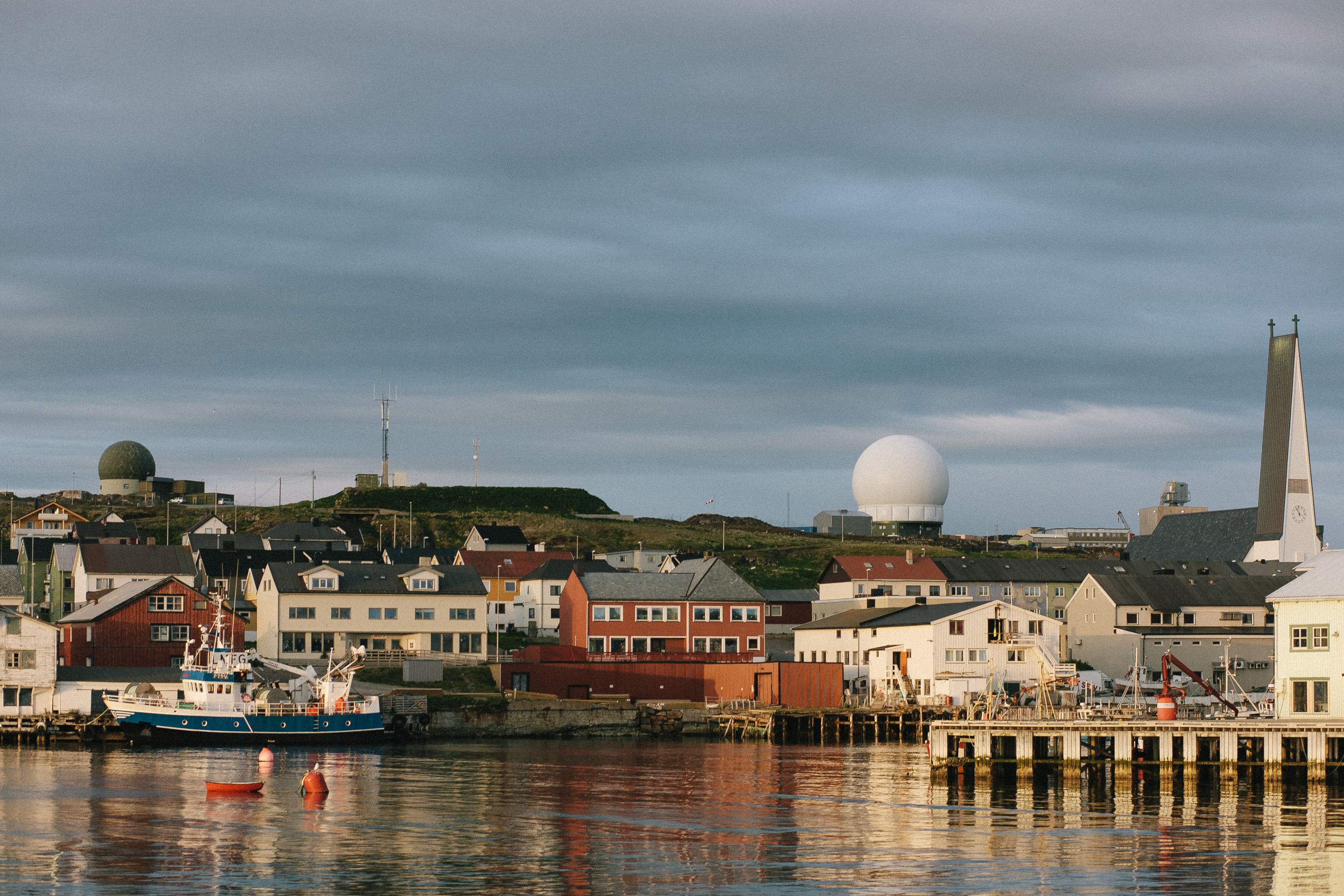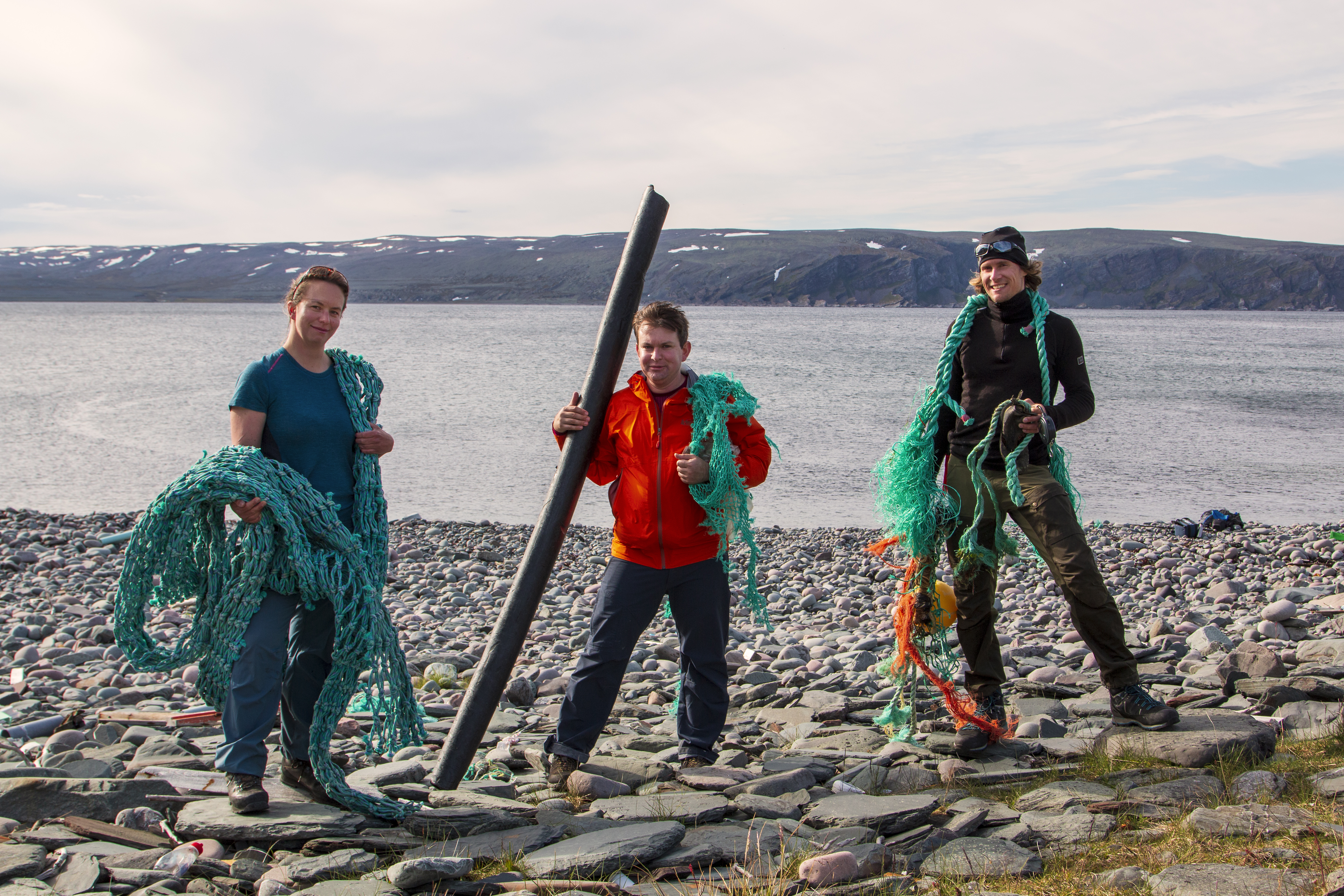The Town of Bodø Could Be the First Arctic European Capital of Culture
On Wednesday a jury will decide which city will have the status of European Capital of Culture in 2024. One of the three finalist is the Arctic town of Bodø in Norway.
Born in 1985 from an idea of the then-Greek Minister of Culture, Melina Mercouri, the European Capitals of Culture have grown into one of the most ambitious cultural projects in Europe and one of the best known – and most appreciated – activities of the EU.
Their objectives are to promote the diversity of cultures in Europe, to highlight the common features they share and to foster the contribution of culture to the long-term development of cities.
Decision time approaching
Banja Luka (Bosnia), Bodø (Norway) and Mostar (Bosnia) are the three finalist that are shortlisted in the competition for ECoC 2024. A panel of independent experts who are evaluating applications from five competing cities made the recommendation at the end of a two-day meeting in Brussels earlier this year.
Last week the jury visited Bodø. Next week a delegation from each city will travel to Brussels to present and defend their applications before a panel of independent experts on Tuesday. The desicion will follow on Wednesday.
If Bodø should win the competition, it will be the first time in history this project is awarded a city above the Arctic Circle.
- Note: HNN’s Editor-in-chief, Arne O. Holm, is part of the delegation travelling from Bodø to Brussels. He will hold a presentation about the Arctic region in general, not Bodø2024 in particular.
"Being a European Capital of Culture (ECoC) involves a great opportunity to rethink and develop not only the culture sector, but the society as a whole. Nordland is doing great. Unemployment rates are close to zero, and we export more than ever" according til the Bodo2024 website.
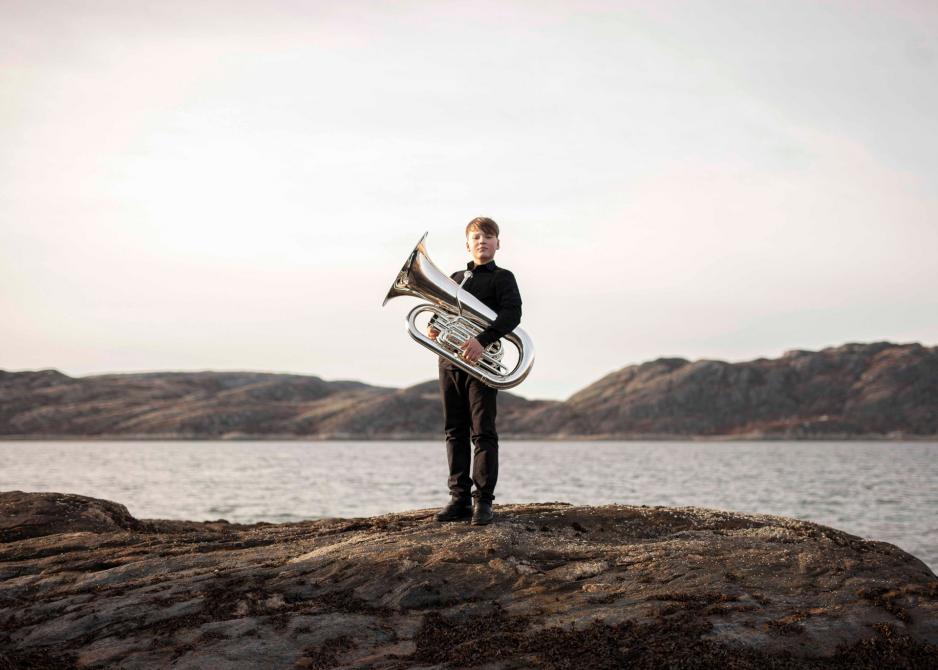
Photo from Bodø's bid book
City development
But why does Bodø wish to take part in the competition for the title of European Capital of Culture?
"This is an unique opportunity to launch the huge urban development project in the city of Bodø and at the same time boost a cultural environment with growing pains," Henrik Sand Dagfinrud, Programme Coordinator of Bodø2024 says to High North News.
The development project he refers to is the ambitious plans to literally move the airport just 900 meters, thereby opening up valuable new waterfront land for redevelopment within walking distance of the current city center. It will be the biggest land-based construction project ever undertaken in Northern Norway, and further boost a city that’s already blossoming.
However, the future is not just bright and free from challenges. Like in other parts of Norway, as well as the rest of Europe, young people gravitate towards larger cities and urban areas. This is a true challenge for Bodø and Nordland.
One of the main reasons Bodø is preparing this bid is that they are confident this project has the potential to help reverse this trend. Though an ECOC project, new jobs will emerge and existing industries will get a boost and keep evolving.
Dagfinrud hopes the ECoC-process will bring more international attention to a city and a region "that are most definitely alive" and "ready to welcome more people and creative forces".
"It’s time for Bodø’s cultural "Arcticulation" and to truly open our doors to Europe. Time to challenge the notion that this is simply a cold region, far from civilization, only coming alive for a few months each year, when we frolic in the midnight sun, until we descend once again into winter darkness and cold," he argues.
Building bridges - not walls
Self-confidence
Besides bringing more attention to the region and the people living and working above the Arctic Circle, Dagfinrud hopes the label of being a European Capital of Culture will boost the self confidence among the inhabitants of the region.
"I think and I hope that if Bodø is crowned ECoC 2024, we will get used to the idea that we are big enough and good enough to be part of the bigger community. For example: there are currently almost no EU applications from Nordland County, although we have every opportunity to apply. With this project, we are "forced" to see ourselves in a bigger and broader perspective and to perceive ourselves as a natural part of a larger team in Europe," he says.
He admits that tourism and businesses locally and in the region probably will get a boost too, though says that is not the only consequence nor reason for applying.
We live in a time where isolation and protectionism are on the rise, both inside and outside Europe.
Bodø's application to become the ECoC 2014 aims to fight this trend. It opens with the following statement: "In a world where walls are built to keep people apart, it is our responsibility to build bridges. In our Arctic landscape we must facilitate collaborations without boundaries. The best way to do that is to allow people to meet, share experiences, and learn about each other."
"In Bodø and Nordland we have a long and proud history of being inclusive and welcoming. For the Sami population, for example, there are more ties across the borders to Sweden and Finlad than to the southern parts of Norway."
"In our application, we put it in the context of the the coastal culture; we are used to living under harsh conditions and close to the elements, and of course we let people in, both in our communities and in our hearts."
"I think this is our strongest card in this competition. We aim to be an anti-protectionist alternative in this competition and we believe we can "break the borders" that are coming up."
"Our vision and strategy provide an inclusive reflection on our 21st century community, combining indigenous Sami culture and expressions as well as traditional and contemporary Norwegian culture – not to mention the vibrant culture new migrants and expats add to the mix," he quotes from Bodø's bid book.
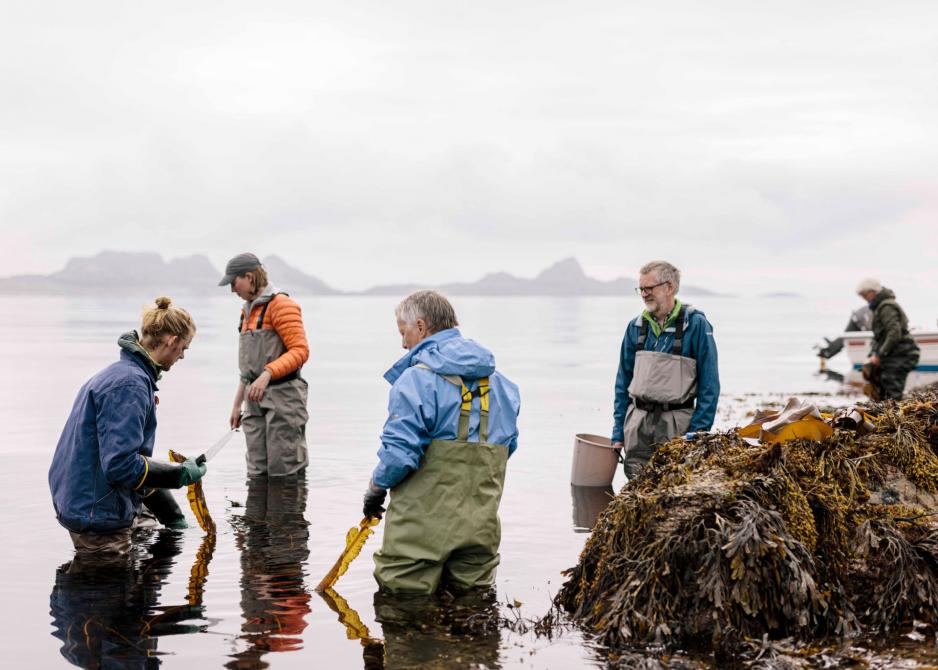
photo from Bodø's bid book
We aim to be an anti-protectionist alternative in this competition
As the year comes to an end, the pulse of nature prepares for yet another cycle. For parts of Nordland, the sun will disappear completely for the last few weeks of the year. This period is often called “the dark period”.
Mistakenly so, Bodø proclaims in the application.
"The contrasting cycle of light is obviously a very distinct characteristic of this season. However, the absence of direct sunlight allows for different colours and nuances. Refractions of sunlight, silvery shades from the moonlight, and of course – the headliner – the Aurora Borealis."
Dagfinrud emphasizes that their goal is not to create consensus.
“We want Bodø2024 to cultivate acceptance, interest, curiosity, colours, and nuances. We do not expect to end up with one voice or one truth. We must enjoy different voices and opinions, promote the diversity of culture and common understanding, and embrace the resulting polyphony. This, we believe, can result in true sustainability for our culture" he says in summary.
Lukewarm interest
The more conservative your political stand is, the less interested you are in spending money on culture. We see that in Bodø too.
However, amongst the people in Bodø, the interest is lukewarm. According to a survey from last year, made on behalf of the local newspaper in the region, Avisa Nordland, only 43 per cent of the people supported the application. 40 percent did not want the city to go forward with the application process, while 16 percent had not made up their mind. In a suvey from march 2019 the percentage of the opponents were up to 47.
The Progress Party's voters are the strongest opponents.
Helge Grønmo, Head of Culture of the Avisa Nordland daily believes the lack of engagement is about the project management group not having managed to communicate to the population what the ECoC is to be.
"They have spent all their time and energy answering the many questions from the EU and not cared much about communicating to the public what the project is really about and what it will mean to people in general. Their explanation is that there is no point in doing so before the city is, potentially, declared winner of the competition," he explaines to High North News.
The economic aspect has also been problematized, because the ECoC status comes with a price, both locally as well as for the state. The price tag is NOK 300 millions (€30 mill.) and is to be divided amongst Bodø Municipality, Nordland County, the state as well as private businesses and sponsors.
"The more conservative your political stand is, the less interested you are in spending money on culture. We see that in Bodø too," Grønmo argues.
In 2024, there will be two other European Capitals of Culture, one in Estonia and one in Austria. An independent commission of international experts decided on 28 August in Tallinn that the Capital of Culture 2024 from Estonia will be Tartu; in addition, one city from Austria and one European city that does not belong to the European Union will bear the title.

